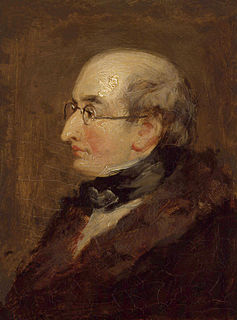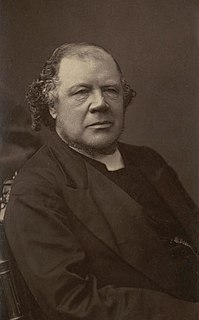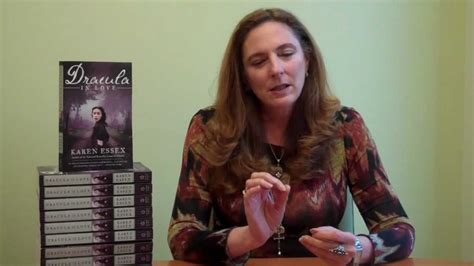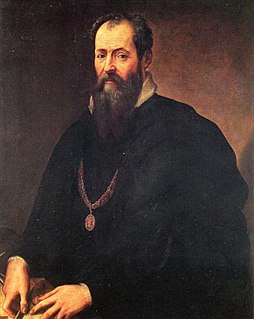A Quote by Aeschylus
For children preserve the fame of a man after his death.
Related Quotes
To live his life in his own way, to call his house his castle, to enjoy the fruits of his own labour, to educate his children as his conscience directs, to save for their prosperity after his death -- these are wishes deeply ingrained in civilised man. Their realization is almost as necessary to our virtues as to our happiness. From their total frustration disastrous results both moral and psychological might follow.
[Man] ... his origin, his growth, his hopes and fears, his loves and his beliefs are but the outcome of accidental collocations of atoms; that no fire, no heroism, no intensity of thought and feeling can preserve an individual life beyond the grave; that all the labour of the ages, all the devotion, all the inspiration, all the noonday brightness of human genius are destined to extinction in the vast death of the solar system, and that the whole temple of Man's achievement must inevitably be buried beneath the debris of a universe in ruins.
The great difficulty is first to win a reputation; the next to keep it while you live; and the next to preserve it after you die, when affection and interest are over, and nothing but sterling excellence can preserve your name. Never suffer youth to be an excuse for inadequacy, nor age and fame to be an excuse for indolence.
[N]either in war nor yet at law ought any man to use every way of escaping death. For often in battle there is no doubt that if a man will throw away his arms, and fall on his knees before his pursuers, he may escape death; and in other dangers there are other ways of escaping death, if a man is willing to say and do anything. The difficulty, my friends, is not in avoiding death, but in avoiding unrighteousness; for that runs faster than death.
We need to repent of our willing cooperation in our money-centered culture, which is depleting the natural resources that God designed for all humankind. He gave us a good earth. Let us serve him by helping to preserve it for our children. 'A good man leaves an inheritance for his children's children' (Proverbs 13:22 ).
We are left with nothing but death, the irreducible fact of our own mortality. Death after a long illness we can accept with resignation. Even accidental death we can ascribe to fate. But for a man to die of no apparent cause, for a man to die simply because he is a man, brings us so close to the invisible boundary between life and death that we no longer know which side we are on. Life becomes death, and it is as if this death has owned this life all along. Death without warning. Which is to say: life stops. And it can stop at any moment.
And so the blasts of calumny, howl they ever so fiercely over the good man's head, contribute to his juster appreciation and to his wider fame. Preserve only a good conscience toward God, and a loving purpose toward your fellow men, and you need not wince nor tremble, though the pack of the spaniel-hearted hounds snarl at your heels.







































